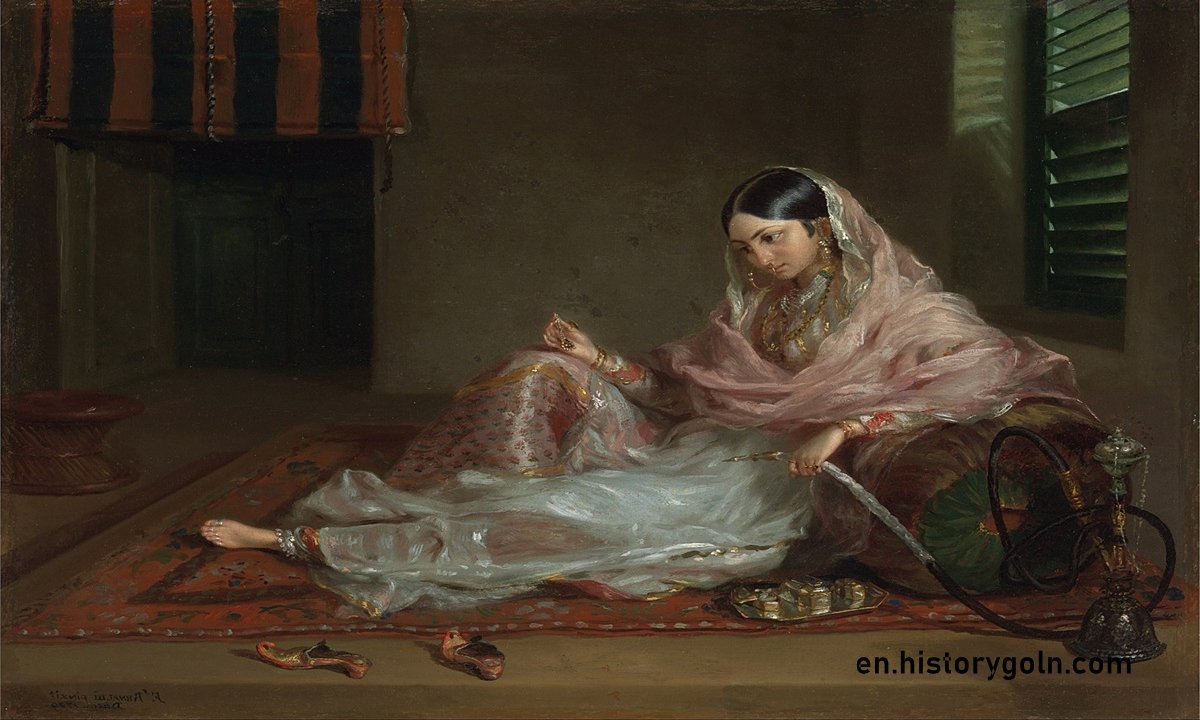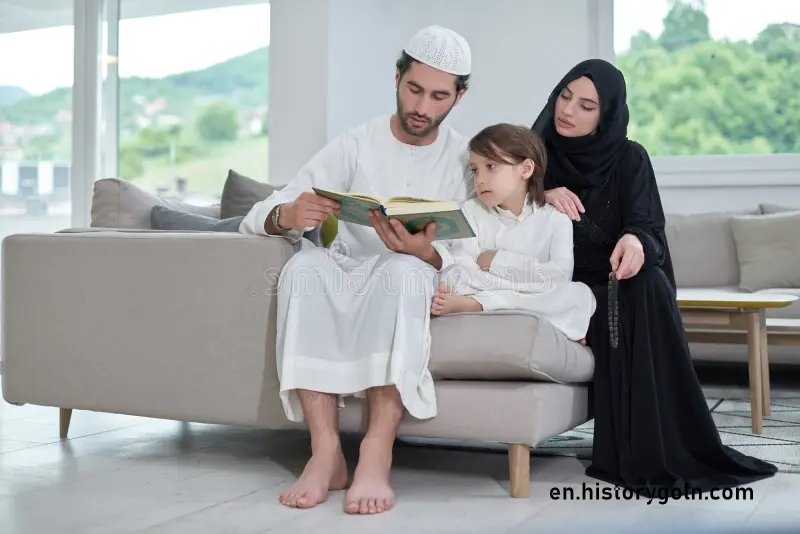Today our topic of discussion is Inheritance in Traditional Family .
Inheritance in Traditional Family

Some of the concerns of the Hindu reform movement, led by men such as Rammohun Roy and Vidyasagar, did not affect the Muslim community. For in theory, if not always in practice, Muslim women enjoyed several of the rights Hindu and Brahmo reformers were agitating for. In the first place. Muslim women could remarry, whether widowed or divorced.
They could even ask for a divorce from their husbands (though under certain circumstances). They could own property and in fact were supposed to inherit a portion of their father’s, husband’s or son’s wealth. And lastly, sati was not a Muslim practice.
When women’s reform started to gain ground, advocates of Islam were quick to point out that it was the religion which had granted women the right to inherit and own property. The Islamic Law of Inheritance is quite detailed and complex. Broadly speaking, a daughter would inherit from her father one-half of what a son would get, a wife could claim one-eighth of her deceased husband’s property and one-sixth of a deceased child’s property,
Elite women of the eighteenth and nineteenth centuries did come into their own inheritance in many cases. Munno Jan Begum (sister of Haji Mohammad Mohsin) was the actual owner of the vast ancestral estates. She administered them efficiently and bequeathed them to her brother in the understanding that the revenue would be used to set up a beneficial fund.
Nawab Faizunnessa inherited that part of the property which went to her as a daughter under Islamic law. Her brothers got the rest. But Faizun- nessa’s estates were large. (In a society where women of the upper class could not seek employment outside the home, inheritance could be a major source of power in both the public and private spheres).

Not many women were as fortunate as Munno Jan or Faizunnessa. There were many instances where women were cheated out of their inheritance. Rokeya herself was turned out of the house, so to speak, sometime after her husband’s death. She took refuge in Calcutta shortly after, in 1911.
Nurunnessa in her novel Atmadan based on the story of her mother’s life (1925) has left behind an account of how her mother had been swindled out of all her property after she became a widow.
Publicists, in their efforts to prove that Islam had given women high status, used women’s property rights as a mainstay in their argument.
They cited Koranic passages, particularly “Sura Ness” to substantiate the point. In an article on the rights of women published in Al-Eslam, in 1915. the writer cited from the abover It has been said in Sura Nesa regarding women’s rights to wealth and property- “Women have ownership over that which they have earned. The Sura further establishes women’s claims in the property of parents and other relatives.
In its previous issue, Al-Eslam had printed a similar article under the title “Eslame Narir Samman” (Dignity of Women in Islam) which was actually a Bengali translation of an article “The Cause of Women Vindicated by Islam’ published in a periodical called Islamic Review and Muslim India.
The piece compared the status of women in the major world religions and concluded that Islam fared the best in the matter. Sura Nesa was invoked again and the writer pointed out that women have a share in parental or familial property along with men, be that large or small.
But there was no consensus as to how far were these rights translated into reality. Rokeya who believed these rights were eroded wrote in her essay ‘Griha”:
According to ‘Mohammadan law we inherit our fathers’ wealth we even manage to get a ‘home. But the actual owners are always the husband, son, son-in-law, brother-in-law, etc.
Who does not know the base means that are used to deprive women of their paternal inheritance?… Men will keep silent. We have to speak out ourselves. Rokeya then enumerated all the measures cunningly adopted to deprive women of their rightful shares.

She reiterated the sentiment in her other essays. Judging by the reformer’s repetition of Koranic rights granted to women and the need to restore them, one may assume that these rights had indeed become eroded (popular tracts even urged women to renounce the mohr, the one last asset remaining to them).
Whatever those who were content with the existing order of things might have felt, relentless social critics like Rokeya felt no twinge in proclaiming that Islamic rights granted to women were no longer in force. Mrs M. Rahman also drew attention to the erosion of women’s rights and their economic helplessness in a vein similar to Rokeya’s.
